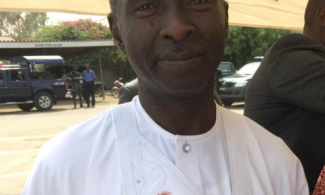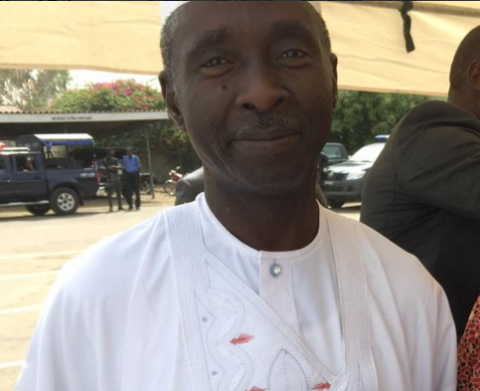
The Kaduna State Government today explained that the Religious Preaching Bill is aimed at protecting the state from religious extremism and hate speech.

Speaking to a delegation of the Kaduna State Christian Association of Nigeria (CAN), the Deputy Governor, Barnabas Yusuf Bala, said that the government has a duty to ensure that religious violence no longer threatens the state, stressing that the government is committed to ensuring that religion can be practiced in a safe and secure climate.
“We swore to uphold the Constitution which recognizes the freedom of religion and thought as fundamental rights,” he told the group. “The same Constitution obliges us to ensure the safe exercise of these rights by legislating in the interest of public safety, public order, public morality or public health, and for the purpose of protecting the rights and freedom of other persons.”
He pointed out that the law is not actually new, and has existed since 1984, with amendments in 1987 and 1996.
According to him, the military governments which created the law were responding to outbreaks of religious violence such as Maitatsine in 1983, as well as the riots that followed the Kafanchan incident in 1987.
“This is the first time that the legislation is passing through a democratic process, with all the transparency that the public hearing and other legislative processes of the House of Assembly entails. Proposing this amendment is a deliberate decision by the government to subject the law to a democratic process, rather than just enforce the provisions of the edict as passed since 1984.”
Mr. Bala noted that Kaduna State has a history of religious/sectarian crisis and that what the bill seeks to do is to learn from painful experience and discourage the use of religion for violence and division.
By virtue of Section 45(1) of the 1999 constitution, he added, the bill is in order and is in tandem with the Constitution.
“There is nothing in the Bill that suggests any effort to abolish, stop or derogate on the freedom of religion and religious beliefs. It merely seeks to ensure that religious preaching and activities in the State are conducted in ways that do not threaten public order, public safety, and to protect the rights and freedom of other persons.”
The leader of the 12-person CAN delegation, Bishop George Dodo, said that, while expressing appreciation for the meeting, assured the government that CAN was preparing its position for submission to the House of Assembly and the state executive.